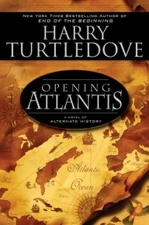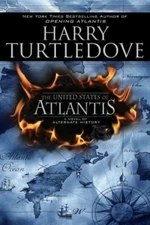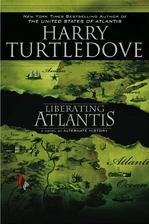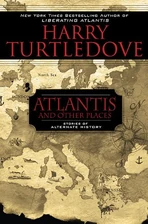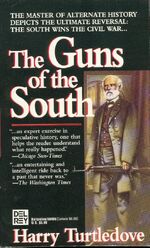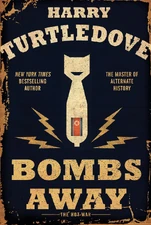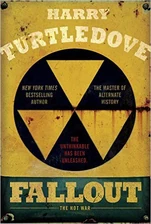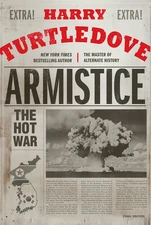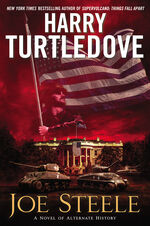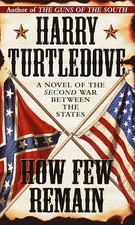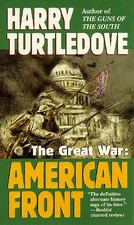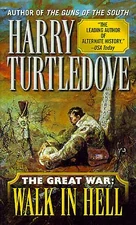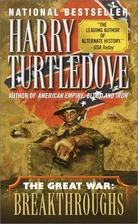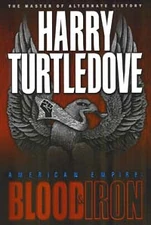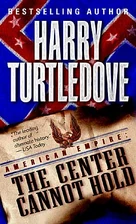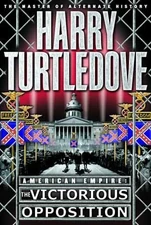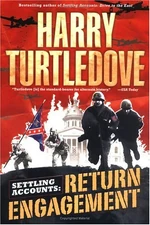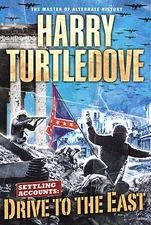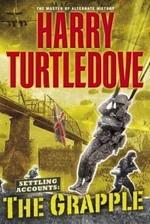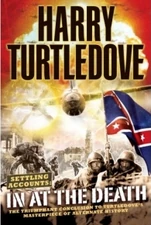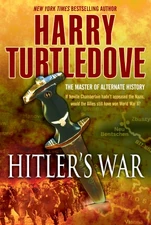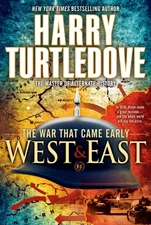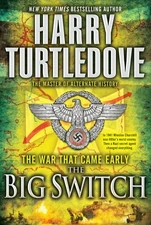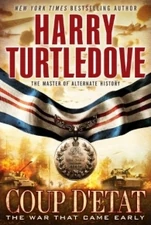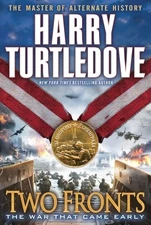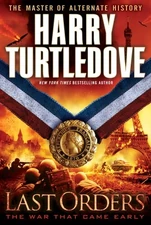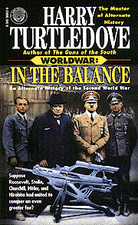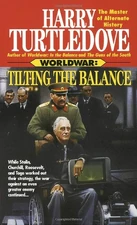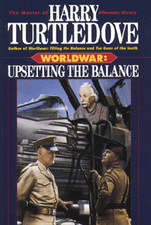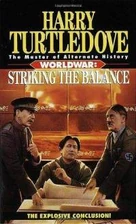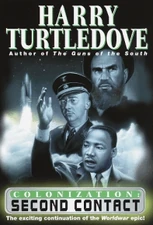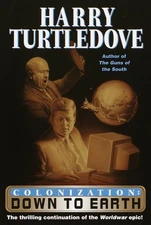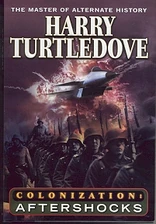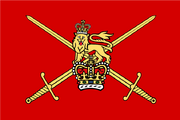
The British Army is the land warfare branch of Her/His Majesty's Armed Forces in the United Kingdom. It came into being with the unification of the Kingdoms of England and Scotland into the Kingdom of Great Britain in 1707. The new British Army incorporated Regiments that had already existed in England and Scotland and was administered by the War Office from London. It has been managed by the Ministry of Defence since 1964.
British Army in Atlantis[]
The British Army entered the French and Spanish War in Atlantis with a poor showing, walking into wilderness ambushes easily. However, the advantage in resources over the French made victory inevitable.
The Army put up a fight for three years in the Atlantean War of Independence, but the alliance between the separatists and the French forced the British Army to ultimately surrender.
In the 1860s or '70s, the British Army put up a poor showing in the war in Afghanistan. Very few of the soldiers in that campaign made it out alive.
British Army in The Guns of the South[]
The British Army played no role in the Second American Revolution, as Britain remained neutral throughout the conflict. Several years later, the size of the British Army force deployed to the Canadas was increased when the Union sent troops to the New Mexico and Arizona Territories in order to aid the rebel forces against Mexican Emperor Maximilian. This build-up of troops along their northern border brought protests from U.S. President Horatio Seymour. Tensions quickly escalated to war between Britain and the Union, a war for which England was completely unprepared.
The U.S. Army had done much to rebuild its strength after its defeat in the Second American Revolution, and was readily able to reinforce its numbers as needed, whereas the British Army in Canada had to fight only with what it had on the western side of the Atlantic. The U.S. Army defeated the British Army at the Canadas' eastern borders, then outside Ottawa, Winnipeg, and finally at Vancouver. Towards the end of the fighting in the Canadas, news leaked out that the U.S. Army was using new repeater rifles against the British Army based on the AK-47 design.
The British Army, still using the muzzle-loading 1853 Enfield rifle-musket, was unable to save the Canadas from being conquered by the United States, and was decisively routed by the U.S. Army in the conflict, in stark contrast to the Royal Navy's virtual destruction of the U.S. Navy and its imposition of a punishing blockade on the U.S. Eastern seaboard.
British Army in The Hot War[]
The British Army was one of several forces involved in fighting against the Soviet Union's invasion of West Germany during the ground war phase of World War III.[1]
British Army in In the Presence of Mine Enemies[]
During Operation Sealion, the British Army had fought hair, tooth and nail in a desperate attempt to beat the invading Germans. Their most notable battle was in the city of London, as their fighting within the city reduced it to rubble. Unfortunately the effort was in vain, and in the end London fell and the Army was forced to surrender.
British Army in Joe Steele[]
With the help of the British Army, the US was able to open a second front in France with the success of Operation Overlord. After this, the British and the US Armies smashed the Germans against the Red Army as it approached from the west.
British Army in Southern Victory[]
The British Army was the only foreign army to help the Confederacy during the Second Mexican War in 1881, launching two invasions of the US, first into Maine with the Help of the Canadian Army, and the second into Montana Territory. While the invasion of Maine was a success, the invasion of Montana under the leadership of General C.G. Gordon was not, and the army was defeated by a combined force of US cavalry and volunteer soldiers.
When the Great War broke out in 1914, the British Army was divided between Europe and Canada. When the German Army ploughed through Belgium, the British were able to defeat them when they along with their French allies launched a successful counter attack, saving Paris. The British, along with their Belgian allies, were also able to keep a small section of Belgium free throughout the remainder of the war. When France could no longer keep up the fight, they asked Germany for an armistice, demanding that the British Army withdraw or face combat from the French.
In Canada, the British Army was primarily on the defensive, however, they did managed to launch a counter attack that pushed the US Army back five miles. This was their only moment of glory in North America, as the more numerous US army was able to keep up the offensive along the entire Canadian front eventually forcing the British to seek an armistice for all land forces with the United States.
When Winston Churchill came into power in the 1930s, he passed a conscription bill for the Army as the British Empire began to gear up for war.
When the Second Great War began in 1941, the British Army launched an offensive into Belgium, through the Netherlands, and into Northern Germany, reaching the outskirts of Hamburg. However, the German Army was able to prevent them from getting any further. By 1943, the Germans had taken to the offensive, pushing the British Army back into Holland, and into Belgium, where the British Army was still holding the line when German superbombs forced England to seek an armistice.
British Army in The War That Came Early[]
The British Army fought valiantly against German and Italian forces during the Second World War, until the Hess Agreement switched the war to one against Russia.
As Prime Minister Horace Wilson's government became increasingly authoritarian, the British Army was the chief instigator of the 1941 coup which toppled Wilson and restored the war against Germany.
British Army in Worldwar[]
The British Army was fighting all over the world and defending England itself when the Race invaded in mid 1942. Its worldwide presence quickly dwindled in the face of the alien's superior firepower. All British forces in North Africa were wiped out in less than half a year despite a new alliance with the Afrika Korps, and Palstine fell shortly after. The Army in the British Raj managed to survive until 1944, but were eventually defeated.
Together with the RAF, the British Army did everything it could to combat aerial bombing of the British Isles. The bulk of the Army was still in Britain when the Race invaded the country in 1943, establishing landing zones around London and quickly flying in armored vehicles. The British Army threw everything it had into defending Britain against their new enemy.
At first, the Race swiftly advanced due to the vastly-superior technology they wielded, but organised resistance ahead of and behind their lines steadily slowed down their progress. Prime Minister Winston Churchill broadcast a warning that there would be dire consequences if the Race did not immediately halt and withdraw. When the Race ignored that ultimatum, the British Army commenced releasing poison gas against them. Having never encountered chemical weapons before, the Race was totally unprepared and a great many of their soldiers suffered agonizing deaths.
Unlike the Race, which had not needed to change its way of fighting war in a thousand years, the British Army had been forced to change and adapt many times during World War II alone. While the Race invasion stalled, its commanders struggling to figure out what to do about the poison gas, the British Army continued to force them into battle on increasingly unfavorable terms, inflicting substantial casualties and forcing the Race to withdraw. Thanks in no small part to the Army's efforts, the Race grudgingly recognized Britain's independence at the Peace of Cairo in 1944.
References[]
- ↑ See, e.g., Bombs Away, pg. 211-213, HC.
| ||||||||||||||||||||||||||||
| |||||||||||||||||||
| |||||||||||||||||||||
| ||||||||||||||||
| |||||||||||||||||||
| ||||||||||||||||||||||
| |||||||||||||||||||||||||
